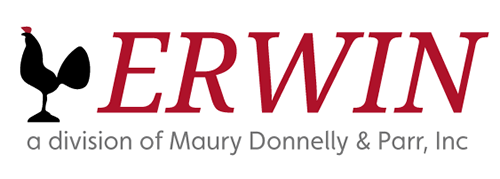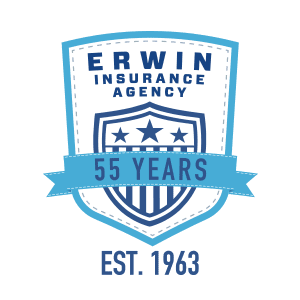
Most states require employers to carry workers’ compensation insurance to protect employees from workplace accidents. Even if you’re not required by state law, it’s always a good idea to protect yourself from liabilities, especially if you work in a high-risk industry like construction or agriculture.
Like all insurance, your workers’ comp premiums are determined by the level of risk your company presents, both in terms of the types of activities your business and employees perform as well as how you seem to prevent injury to your employees. If you file a lot of workers’ comp cases every year, your premiums will be higher than a company that has never filed a claim. To better reflect the characteristics of the risk, insurance providers use something called an experience modification. Here’s how it works.
What is an Experience Mod and why does it matter to your workers comp premiums?
An experience modification—otherwise known as an experience mod, Ex-mod, or X-mod—is a percentage used to adjust your workers’ compensation insurance premiums. It’s designed to incentivize employers to minimize injuries. Fewer injuries mean fewer losses, which minimizes the claims burden on the insurer. Or, stated differently, the mod incentivizes employers to provide a safe workplace for their employees.
The more workers’ comp claims you file, the higher the experience mod climbs. If you keep your employees safe and reduce filed claims, your percentage decreases. Your insurance provider will multiply your experience mod against your manual premium rate to determine the final cost of your insurance.
How do Experience Mods Work?
It all starts with the manual rate. And manual rates are based on industry averages, which are calculated by the National Council on Compensation Insurance (NCCI). The NCCI compiles all the workers’ comp data and identifies the average number of claims for each industry. This average becomes the manual rate for that class code (industry type).
Experience mods are then applied to the manual rate. The starting experience mod for rating is set at 100% or 1.00. Using construction as an example, if the average construction company filed four workers’ comp claims for $5,000 each last year, four $5,000 claims is then considered a 1.00 experience mod (the average is associated with the 1.00 mod factor).
To find your unique experience mod, your insurance provider will compare your workers’ comp claims against the industry average. How you compare to the industry average is your experience mod. If you file more claims (more instances and/or for larger losses) than the average, your experience mod will be higher than 1.00. If you have fewer claims than the average, it’ll be below 1.00. Your base workers’ comp premium is multiplied by your experience mod to get the final cost you see on your insurance invoice.
Experience mods are calculated based on your workers’ comp activity in the last three years. So, if you filed a ton of cases two years ago but didn’t have a single one this year, you still might have an experience mod above 1.00.
Experience Mod Effect on Workers Compensation Premiums
Experience mods can have a huge effect on your workers’ comp premiums—for better or worse. There are two types of experience mods:
- Credit mods – You filed less than average and have an experience mod below 1.00, giving you a discount (credit) on workers’ comp insurance premiums.
- Debit mods – You filed more than average and have an experience mod above 1.00, adding an extra cost (debit) on your insurance premiums.
Here’s a quick example of experience mods in action:
| Premium | Experience Mod | Modified Premium |
| $50,000 | .80 | $40,000 |
| $50,000 | 1.00 | $50,000 |
| $50,000 | 1.20 | $60,000 |
As you can see, having an experience mod under 1.00 is a great way to avoid being penalized for unfavorable injury history, and even to pay less than average for your workers compensation insurance.
Experience Mod Miscalculations
Like everything in life, mistakes can happen when calculating your mod. The process is not rocket science but it’s not super simple either. You have to know where to look, and that’s where having an experienced insurance agency and advisor review your mod can have a big impact.
Claims have to be classified and reported correctly. Payroll and policy period premiums need to be reported and calculated correctly. If reserves are still open on prior claims, that can be something that needs to be monitored or managed. There are lots of elements that need to be managed, particularly if you have been stuck with a debit mod for some time.
What Businesses Are Eligible for Experience Mods?
Experience mod rules vary from state to state. In Florida, any business with more than $5,000 of coverage is eligible. If you’re looking for workers’ comp coverage in another state, contact your insurance agent (or we can help as well).
To get your experience mods under 1.00, keep your workers’ comp claims to a minimum. Work with a trusted insurance agent. Provide a safe work environment for your employees, post proper signage and warnings, and make sure everyone goes through safety training. It’s more than just best practice: it will save you money.
Erwin Insurance Agency® is an independent insurance agency offering a comprehensive suite of business and personal insurance solutions to cover the things that matter to you most. Serving Florida, New York, and beyond, with offices in Jacksonville, Fleming Island, and New York City. Licensed in 17 states.
John Alexander is the Group Director of the commercial insurance division of Erwin Insurance Agency®.


